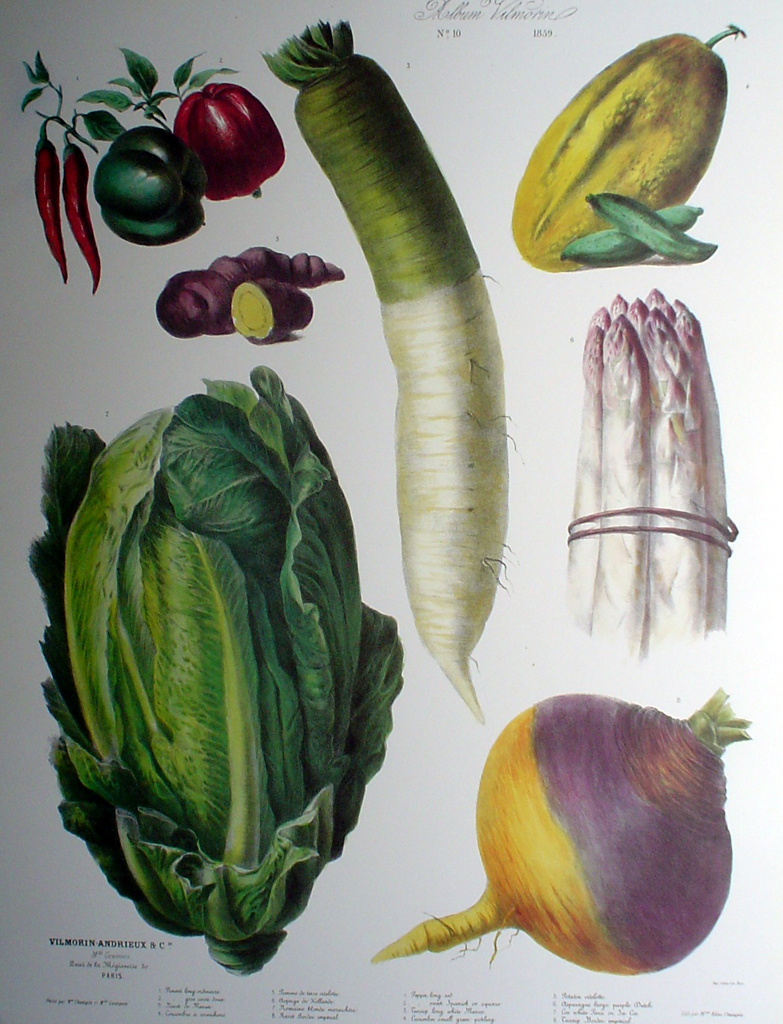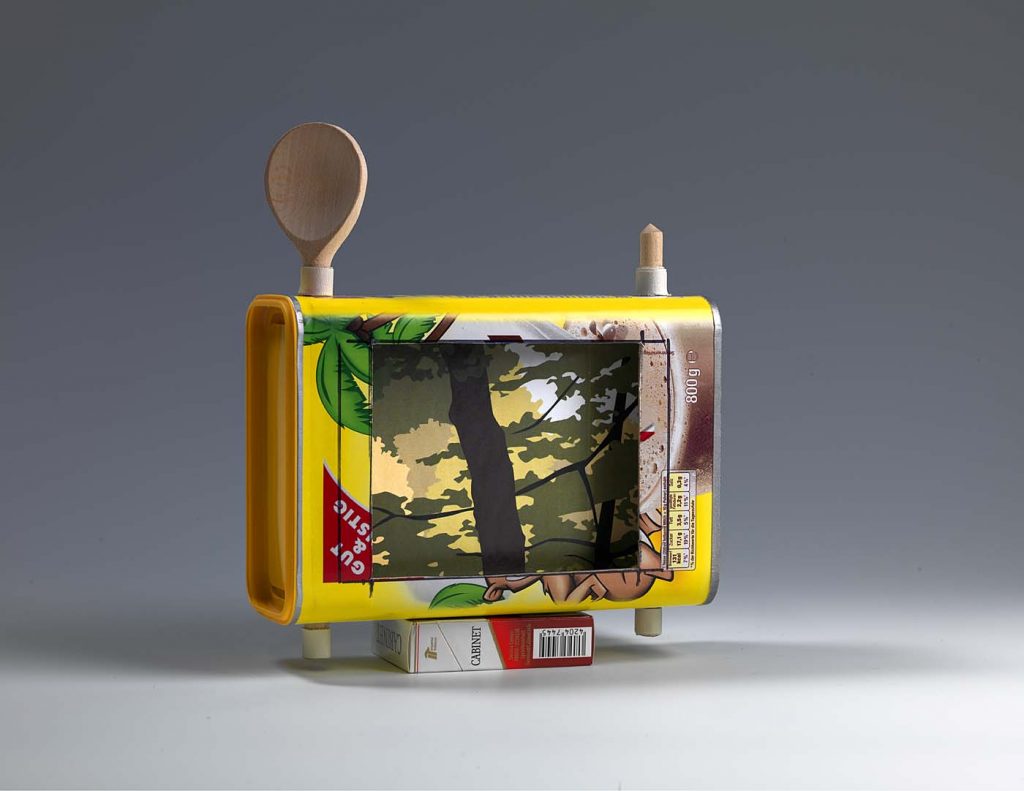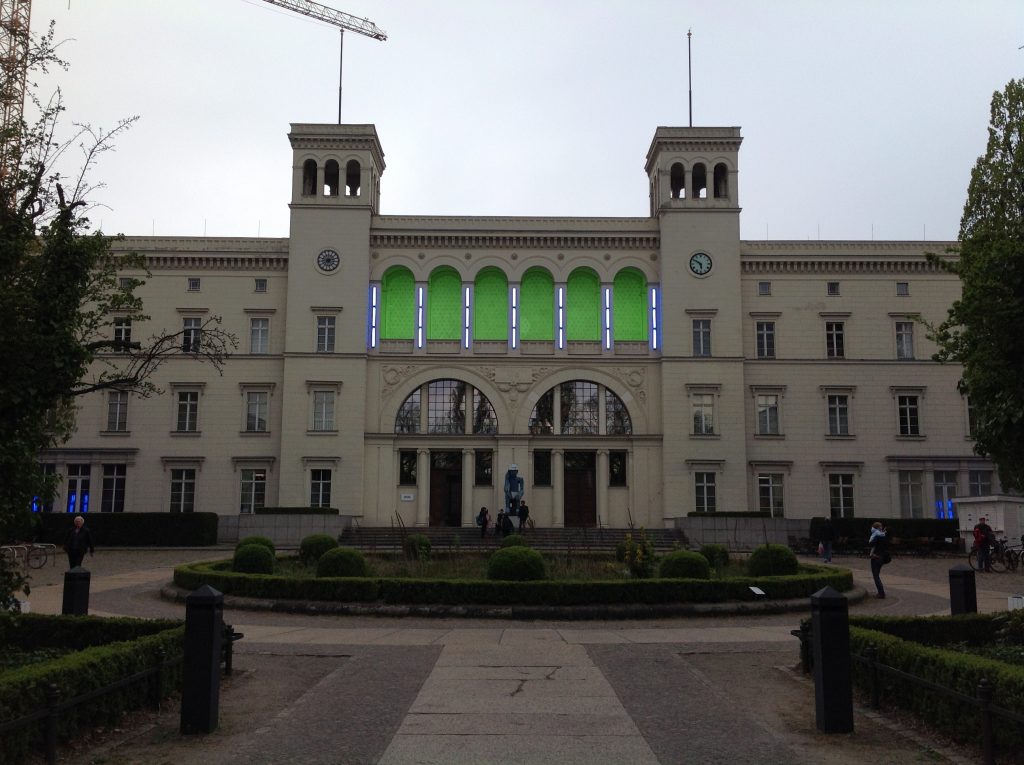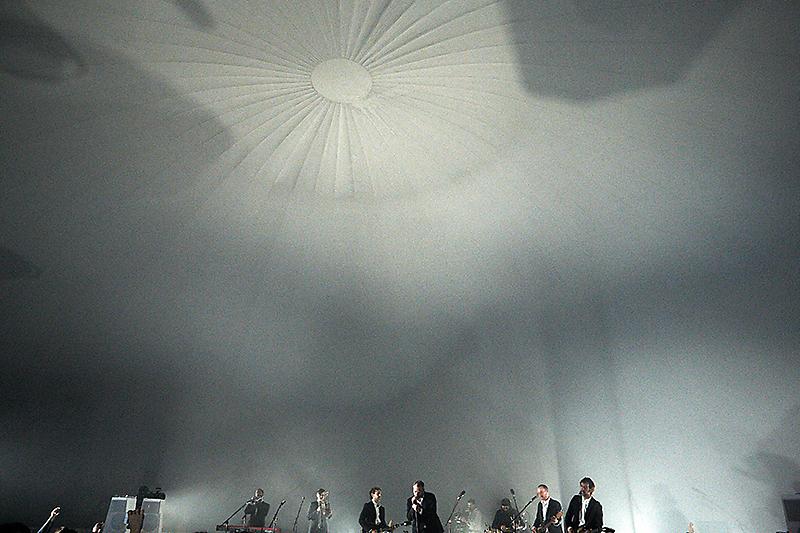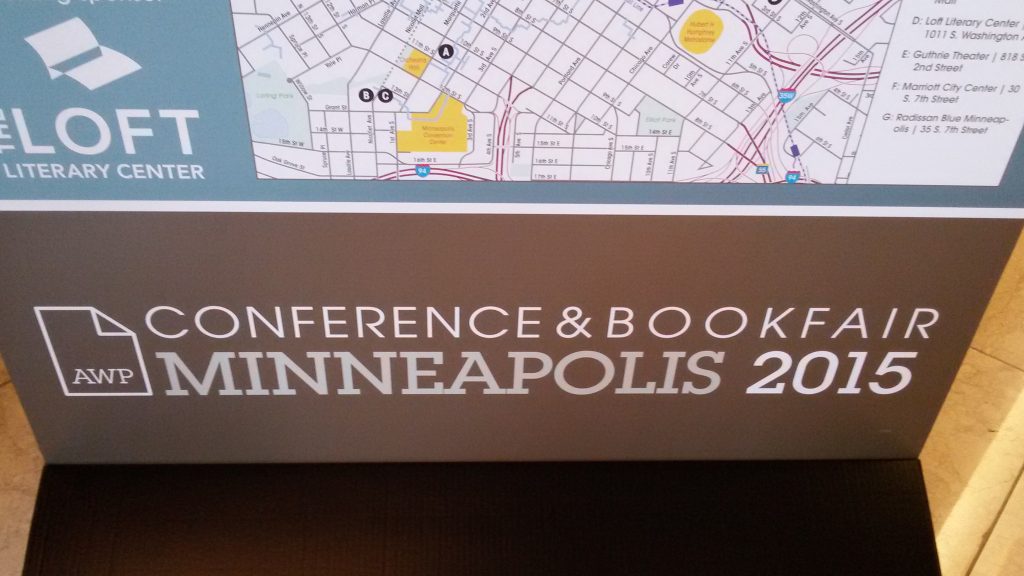Lettuce and Kings: The Power Struggle Between Horus and Set
When you think about food and sex, it may seem bit a bizarre to link these two together but their end goal is the same: satiation. Pleasure. There is an urge that needs to be met and through with either one–or more–of our orifices, we are able to become full. As experimentation on my part, I will be starting a blog series on food and sexuality in literature beginning in chronological order (as best as I can). So without further ado, let’s go back thousands upon thousands of years ago to the great civilization of ancient Egypt.
Lettuce and Kings: The Power Struggle Between Horus and Set Read More »

